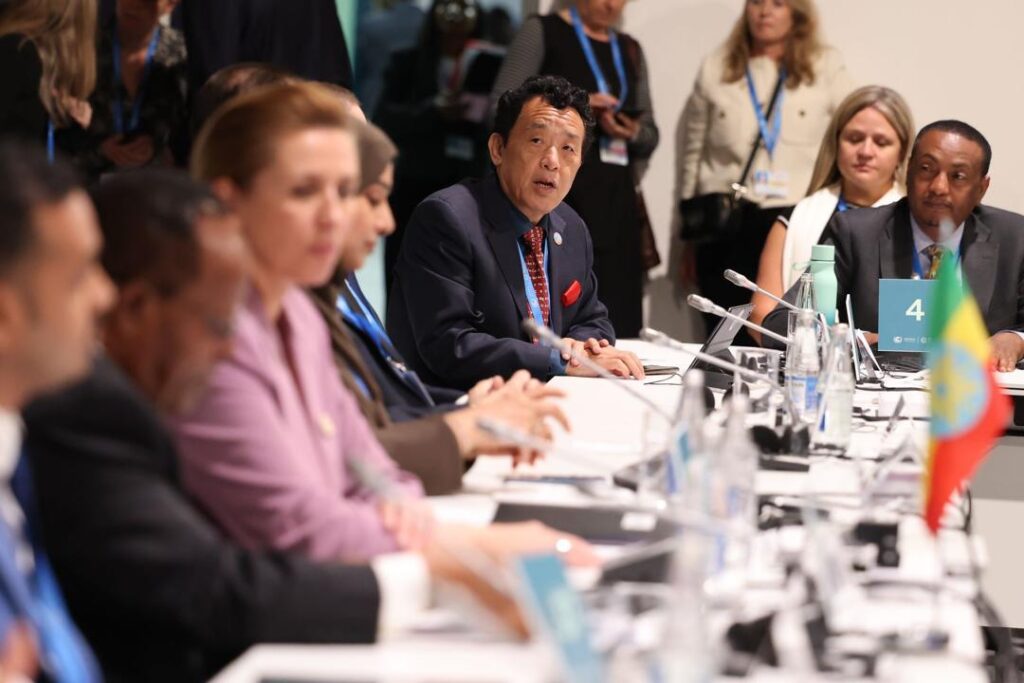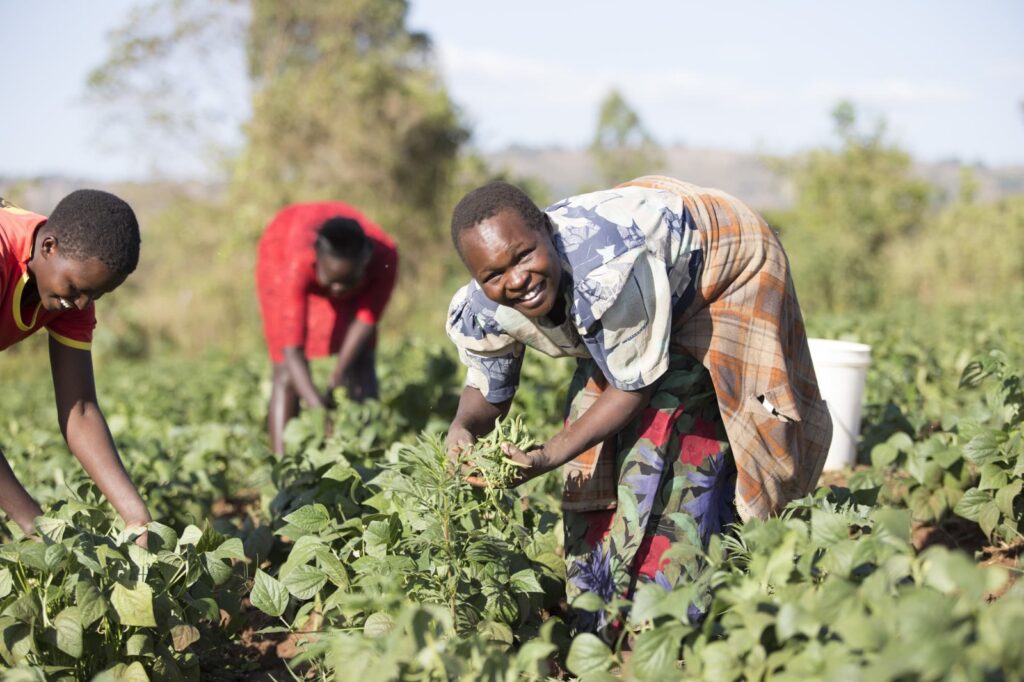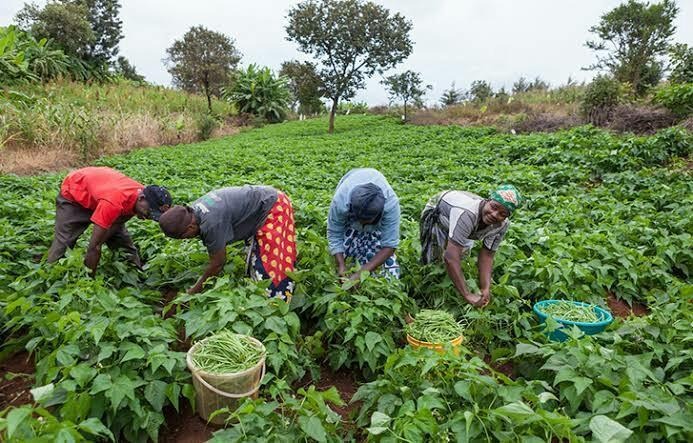
Recognizing the urgent need to scale up our global response to climate change, 197 parties including the European Union are in Baku, to raise awareness to mobilize stronger and more ambitious climate action required to achieve the goals of the Paris Agreement. Action must come from Policy makers, governments, cities, regions, businesses and investors at the 2024 United Nations (UN) Conference of Parties of the UNFCCC, known as COP29.
The 28th edition (COP 28) of the United Nations Climate Change Conference in Dubai last year, marked a significant landmark with the first-ever dedicated day for food. Another milestone that year was the groundbreaking “Emirates Declaration on Sustainable Agriculture, Resilient Food Systems, and Climate Action,” which was signed by over 150 countries.
This year, as COP29 garners global attention, its Focus on food systems continue to grow. Agriculture and food systems are key to sustainable development. They feed us and provide livelihoods for a significant share of the world’s population. We need to ensure they can continue to sustain future generations, without harming the natural environment upon which they depend. Making agriculture and food systems more equitable, resilient, and sustainable is key to addressing many of the world’s most pressing sustainable development challenges, from hunger and poverty to climate change and biodiversity loss.
Speaking during the conference on November 12 2024, FAO Director General QU Dongyu stresses on transforming the agrifood system in order to mitigate the risk climate crisis has on agrifood systems and how with more resilient patterns, food system can provide solutions to climate change. The only way to reduce carbon emissions and restore nature on the path to limiting global warming to 1.5 degrees Celsius is to transform our agrifood systems, the Director-General of the Food and Agriculture Organization of the United Nations (FAO), QU Dongyu, stressed during the UN Climate Change Conference (COP29) in Baku, Azerbaijan. This transformation to more efficient, more inclusive, more resilient and more sustainable global agrifood systems is increasingly recognised as essential for achieving the Paris Agreement and the Sustainable Development Goals. The shift “holds solutions for the climate crisis and the interlinked challenges of food, water, land and biodiversity.

Farmers, herders, fisherfolk, and producers who rely on these systems for their income, food, and nutrition are on the frontlines of the climate crisis, and all too often, are among the 730 million people facing hunger today.
Transforming agrifood systems requires more financing and investments that reach agricultural communities, leveraging private investments, and help in repurposing agricultural investments. Also, building and financing resilient agrifood systems in fragile and conflict-affected areas addresses climate and food crises, and saves the lives and livelihoods of millions of people, yet, not enough is being invested in these win-win solutions.
The director general stressed that agrifood systems must be integrated into national plans and prioritised in multilateral environmental agreements. Every Nationally Determined Contribution should reflect the full potential of climate action from agrifood system transformation.
During the COP 29 session, discussions were held on “Decarbonization, Adaptation of Food Systems and Restoration of Nature on to 1.5°C. Speaking at the discussions, Agriculture Minister Majnun Mammadov informed the participants about the initiatives of the Azerbaijani government to develop climate-resilient agriculture and transform food systems. Noting that climate change also hurts the agricultural sector, the Minister spoke about sustainable agriculture, water management, and climate adaptation strategies being implemented to overcome the problems of water scarcity and land salinization.

Informing the participants about the Baku Climate Initiative for Farmers, Minister Majnun Mammadov hopes to create an initiative that aims to bring together global partners, promote investments in climate-positive food systems, and provide stronger support, especially for women and youth.
Policy-makers, investors, innovators, technology providers, farmers, agri-food stakeholders and executives from across the sector in the days ahead will convene at the COP 29 to further explore new models of collaboration and identify innovative pathways to transform agri-food systems into sustainable and resilient models for the future.


